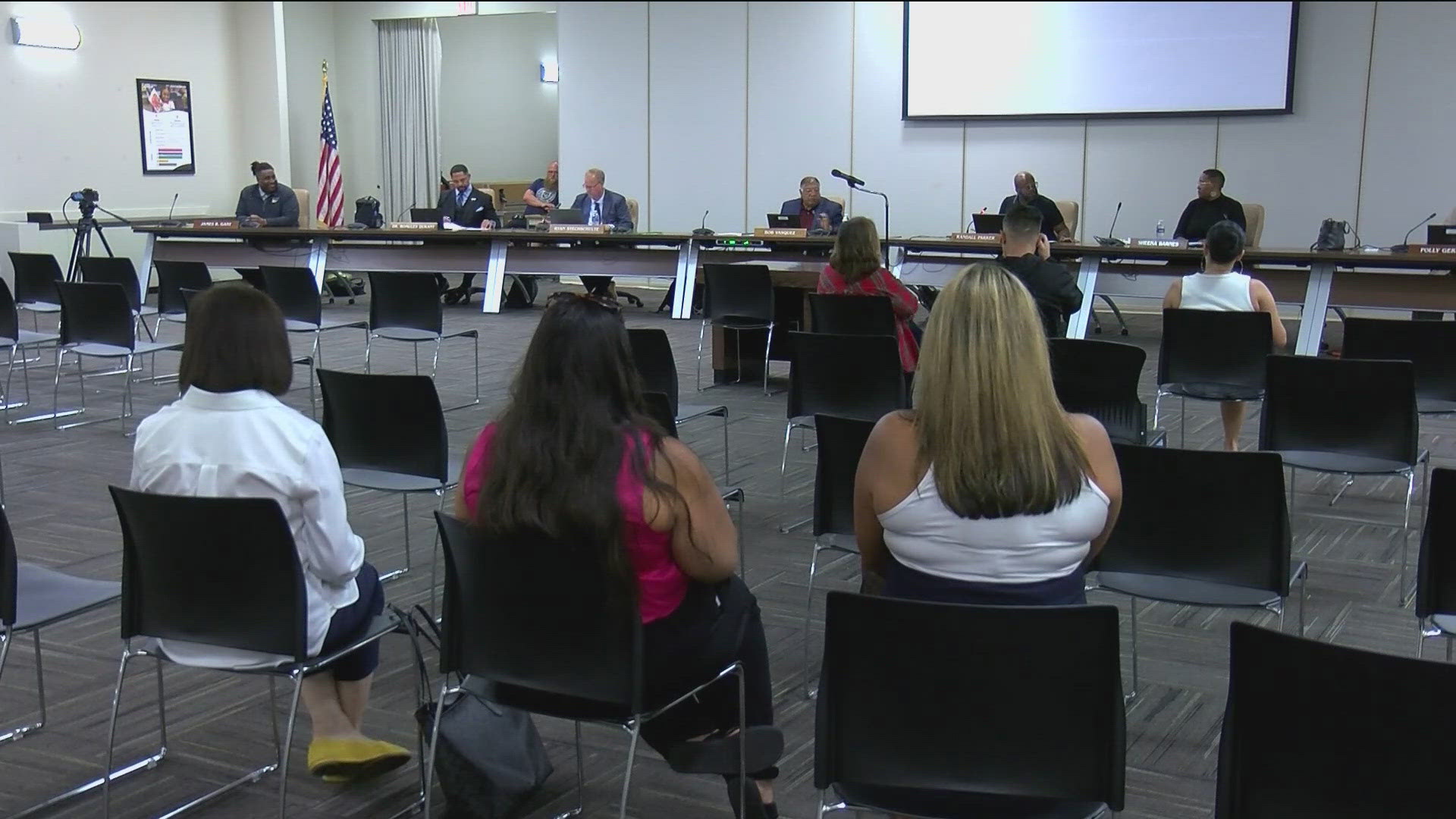TOLEDO, Ohio — House Bill 103, introduced in the spring of last year, would outline a new form and standard of how social studies would be taught, which some educators are opposed to.
State Rep. Josh Williams (R-Sylvania Twp.) says it's aimed at making sure no opinions are being taught in classes, which he says has been brought to his attention more than once.
"Teach our history straightforward without a slanted perspective," he said. "We're trying to get to a uniform situation where most of our schools are following the exact same type of guidelines to social studies."
But there has been pushback in classrooms.
Bob Vasquez, vice president of the Toledo Public Schools Board of Education, says state legislators should leave the decision-making to educators.
"That is usually left for, and has historically been left for, the local school boards. That's what we're elected to do, and then we turn that over to educators, who we feel are the ones who have the specialty and they have the expertise," Vasquez said. "I think a couple of things have been happening lately and that is that the state legislators are trying to get involved in determining what happens in the local school districts."
Vasquez added that TPS wants to continue its autonomy with how education in its schools is run.
"In Toledo Public Schools, we have a curriculum committee made of our teachers and our administrators. Not even the board decides. We allow our educators to decide what the curriculum should be," he said.
For years, local schools have continued to make decisions that have worked for the district without state involvement, he added.
"The first thing is to make sure that we keep local control. The second thing is that we have educators who are the experts in education. Legislators aren't experts in education, and they really need to do what they were elected to do, and let us do what we were elected to do," Vasquez said.
The bill would allow the state to create a task force made up of nine individuals who would gather data from classrooms on the curriculum and then report to the General Assembly.
"If a task force is going to come up with data points that say it's feasible or it's not feasible to approach social studies from this perspective, I think it's worth the investment to find that out. I think there is a benefit to school districts being guided toward uniform or very similar curriculum when it comes to social studies," Williams argued.
"If the end result is that the curriculum is exactly perfect the way it is, so be it. We have great curriculum, but if the end result is that the curriculum is sub-par, we just spent a little time and effort to figure out that we need to fix something for our kids," he added.
Williams said parent concerns that need addressed could be solved by statewide guidelines for a curriculum.
"Even if it's what I call 'guardrails' that we put out. 'You must teach this, you shall not teach that and anything in between you can decide how you want to teach it," he said.

